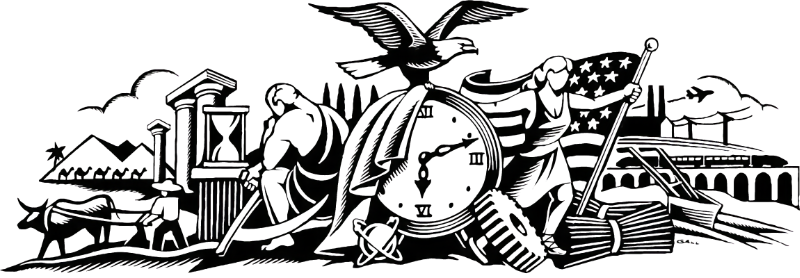From the Omaha Daily Bee, July 30, 1915. By Ella Wheeler Wilcox.
When God had formed the Universe He thought
Of all the marvels therein to be wrought,
And to his aid then Motherhood was brought.
“My lesser self, the feminine of Me,
She will go forth throughout all time,” quoth He,
“And make my world what I would have it be,
“For I am weary, having labored so,
And for a cycle of repose would go
Into that silence which but God may know.
“Therefore I leave the rounding of my plan
To Motherhood, and that which I began
Let woman finish in perfecting man.
“She is the soil, the human Mother Earth;
She is the sun that calls the seed to earth;
She is the gardener who knows its worth.
“From Me all seed of any kind must spring.
Divine the growth such seed and soil will bring.
For all is Me, and I am everything.”
Thus having spoken to Himself aloud,
His glorious face upon His breast He bowed,
And sought repose behind a wall of cloud.
Come forth, O God! Though great Thy thought and good
In shaping woman for true Motherhood,
Lord, speak again; she has not understood.
The centuries pass; the cycles roll along—
The earth is peopled with a mighty throng;
Yet men are fighting and the world goes wrong.
Lord, speak again, ere yet it be too late—
Unloved, unwanted souls come through earth’s gate;
The unborn child is given a dower of hate.
Thy world progresses in all ways save one.
In Motherhood, for which it was begun,
Lord, Lord, behold how little has been done.
True Motherhood is not alone to breed
The human race; it Is to know and heed
Its holiest purpose and its highest need.
Lord, speak again, so woman shall be inspired
With the full meaning of that mighty word—
True Motherhood. She has not rightly heard.
